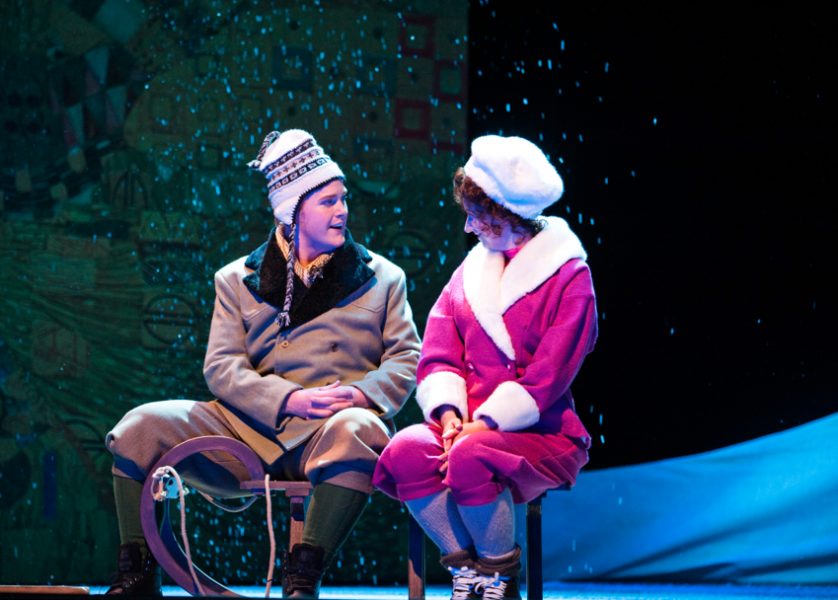Listen to this excerpt from Scottish Opera
Showing @ Festival Theatre Edinburgh, Thu 7 – Sat 9 @ 19:15
Write what you know. That’s the advice commonly given to nascent authors but it’s clearly not something followed by many opera librettists, not unless of course their lives bisect frequently with princesses, magical hammers, angry dwarves, and a cross section of suicidal women and wicked Counts.
Composer Richard Strauss wrote his own libretto for his 1924 opera Intermezzo and in doing so not only looked closer to home for inspiration but went through its doors and into the living room and bedroom, basing the story on his own marital difficulties with his wife Pauline.
Two things sprung out of Strauss’ decision to write the words himself, firstly it broke away from the traditional verse forms used in opera, being sung in prose and secondly, as he forgot to tell his wife he was writing it and moreover turned personal tragedy into light comedy, it caused even more friction in the marital home. Whilst upsetting to Mrs Strauss, this might have been why it was a success with audiences who, possibly tired by a diet of Strum und Drang responded with pleasure to this little comic diversion.
Never seen in the same light as Strauss’s grander operas, Elektra or Salome, in fact by many not seen as an opera at all rather a light musical diversion this underestimates the quality of the work and its uniqueness compared to other operas of the time. Its domestic setting and drawing room comedy bringing something more direct and recognisable to the audience than the grand themes they were used to.
Later this year the Edinburgh Festival gives you the opportunity to see Richard Strauss dealing with magic and mysticsm on a grand scale in The Woman Without a Shadow but before you get swept away by this magnificent fairytale it’s well worth your time and effort to take in this smaller, tuneful and bittersweet slice of domestic life.
